Which Karate Mindset is the Best?
The mindset you have could determine your success not only in karate, but also how you view life in general. In this article, you’ll learn the mindsets you must have in karate.

Selfpause Affirmation App
Download the app to get 1,000’s of affirmation meditations and everything you need to write, record and listen to your own.
If you want to be better at karate, you have to commit to finding the right mindset. In this article, we will look at the Growth mindset, the Fixed mindset, and the Success or failure mindset. We will also explore the internal locus of control. Each of these mindsets has distinct advantages and disadvantages.
Growth mindset
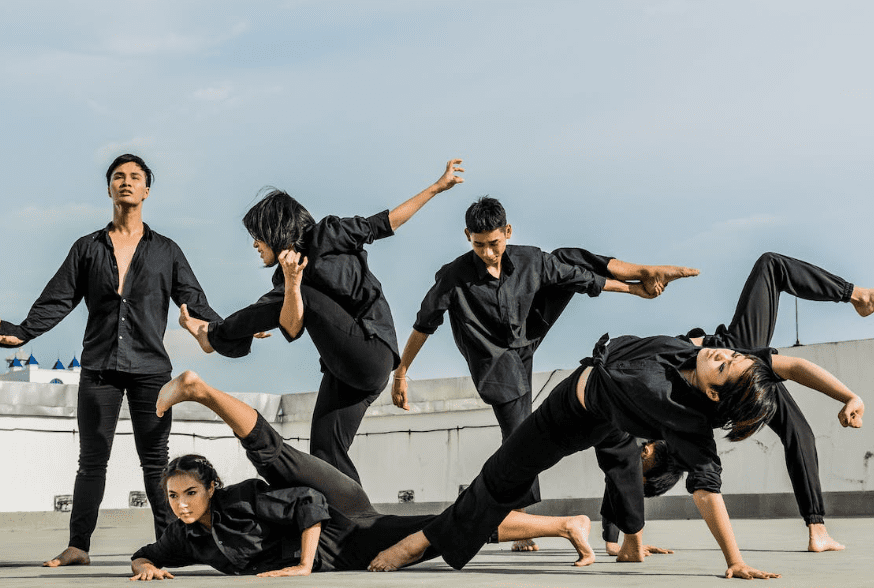
The growth mindset is a way of thinking that provides freedom and aligns with our values. It helps us overcome our limiting beliefs and achieve our highest potential. It also provides the motivation and courage to achieve our goals. This mindset encourages us to change the world and make a difference in our own lives.
In organizations, the growth mindset is emphasized by making a clear commitment to the development of all members. This is usually done through wide development and advancement opportunities. This culture is reinforced by concrete policies. Companies with a growth mindset support collaboration and cross-cultural learning. In addition, they make sure that their employees are encouraged to take appropriate risks.
People who have a growth mindset see challenges as opportunities to learn new skills and develop existing ones. They do not see failure as a result and view every challenge as a learning experience. People with a growth mindset also believe that hard work will take them a long way. However, it is important to note that the growth mindset cannot be achieved solely by belief.
Growth mindset is more helpful for people who are trying to reach their goals. It allows people to bounce back and overcome obstacles. It also encourages people to learn from their mistakes. People who have growth mindsets tend to be more resilient, motivated, and successful than those with fixed mindsets. People with fixed mindsets may feel that they are born with a fixed mindset and that they cannot improve.
Fixed mindset
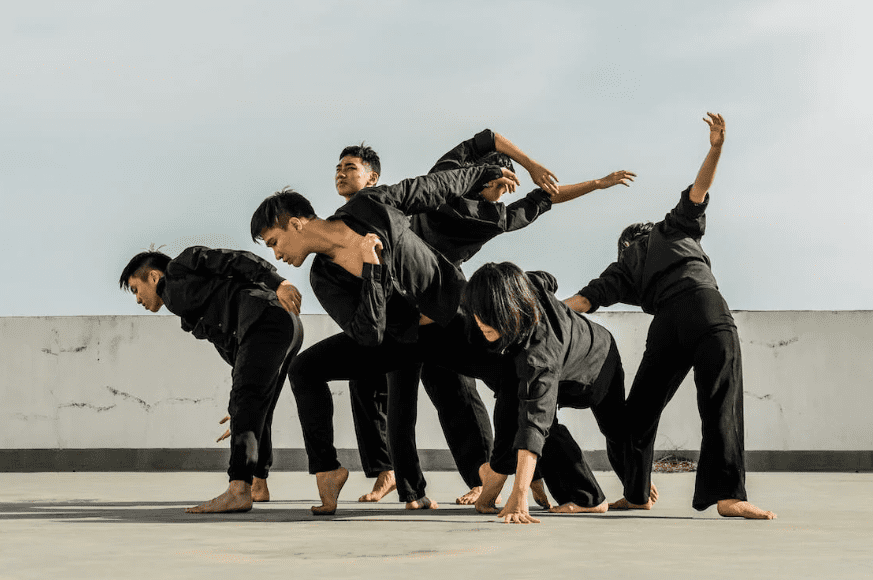
The growth mindset is the opposite of the fixed mindset. It helps you see opportunities and make positive changes in your life. This mindset is also very helpful when you face challenges. For example, a growth mindset will help you see setbacks as an opportunity to grow and improve. Similarly, a fixed mindset will only see setbacks as obstacles to overcome.
People with a fixed mindset tend to believe that talent is more important than effort. Most people have this mindset, because they don’t realize that effort leads to rewards. In addition, they don’t enjoy challenges because they are afraid of failure, and they often rely on others for approval. In other words, they are not motivated by their own achievements.
Those with a fixed mindset are unable to improve because they believe that they are born with special talents or different abilities. They think that their lack of intelligence validates their failures, and they give up easily. On the other hand, those with a growth mindset are free to develop their talents and do their best at whatever they set their mind to.
While a growth mindset focuses on the idea that talent and aptitude can be developed, the fixed mindset believes that it is an innate trait that can’t be changed. Despite initial differences, everyone is capable of developing new skills and talents through experience.
Internal locus
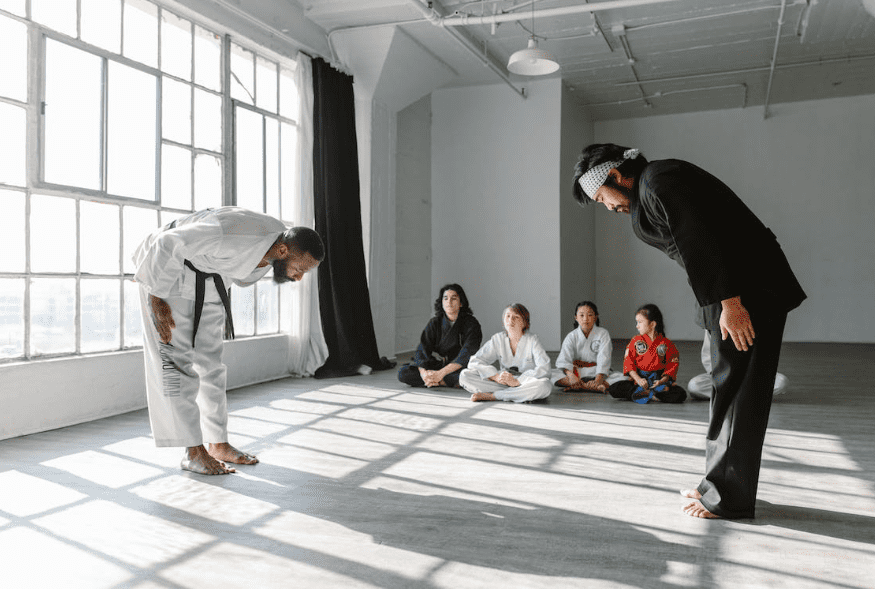
People with an internal locus of control tend to be very motivated and have a better outlook on life. They are also self-aware and tend to take responsibility for their downfalls, and then look for ways to remedy those. People with an internal locus of control focus on their work, their decisions and their dedication to achieve success.
The locus of control refers to the degree to which a person believes they have control over life events. This can be determined by assessing where they placed failures in the past. For example, if a person has failed to make a deadline at work, they may have placed the failure in the external circle. In a situation such as a breakup, an individual may have placed the event in either the external or internal circle.
Oftentimes, educators use a variety of strategies to encourage internal locus of control in students. One method is known as attribution training. In this technique, students learn to internalize positive messages. Students are encouraged to repeat these messages silently to themselves. This practice is a way to reinforce positive attitudes and behaviors.
Studies also show that the internal locus of control is associated with exercise. However, the results are mixed. Some studies show that exercising increases internal health locus, while others find no association at all.
Science behind mindsets
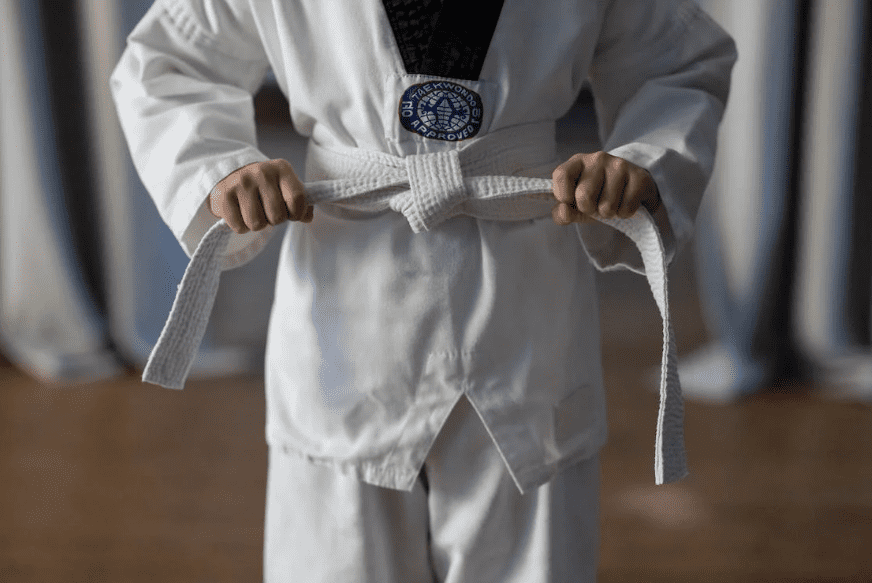
The Science Behind Mindsets explains that our mindsets play a critical role in the way we think and act. Depending on the mindset we have, we may achieve the outcomes we desire. Researchers say that there are two types of mindsets: growth and fixed mindsets. The growth mindset says we can increase our intelligence, while the fixed mindset says we cannot improve it.
Carol Dweck, a psychology professor, developed the science behind mindsets through her research into children’s response to difficult tasks. The studies she conducted showed that some children bounced back from failure, while others seemed devastated. These studies led her to develop the concept of growth and fixed mindsets. According to Dweck, the two types of mindsets lead to different levels of achievement and success.
Although mindsets are helpful in distilling information and managing expectations, they can also be damaging. Negative mindsets may lead to feelings of guilt, inadequacy, sadness, and anxiety. The research also shows that we tend to hold onto adaptive mindsets for years, even when they may not be as beneficial.
One study found that the right mindset can influence your results in many areas of life, including your physical well-being. In one study, participants who were aware of their physical activities had significantly lower blood pressure and reduced blood pressure. Another study found that the type of mindset people have about their food habits correlated with their satiety.
Experiment to find your ideal mindset
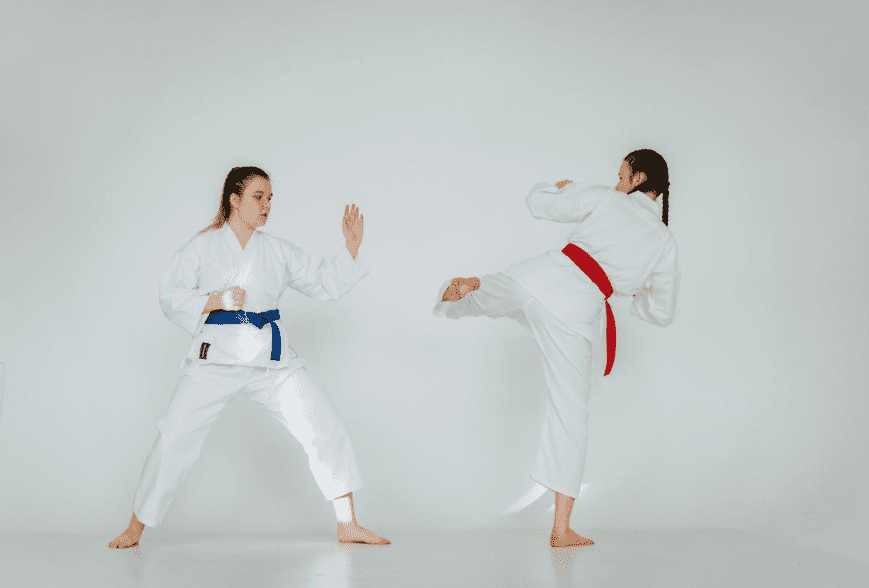
One of the best ways to improve your life is to adopt an experimental mindset. Experimentation encourages people to question, challenge, and test ideas. It is a typical response to opportunities, challenges, and obstacles. It provides evidence-based decision making, challenges assumptions, and unlocks new possibilities.
Experimentation is essential if you want to achieve your full potential. You’ll likely make thousands of mistakes along the way. But each experiment will teach you something, and every new lesson will increase your ability to achieve great things. Learning and accomplishment are intrinsically linked. Experimentation is the key to a fulfilling life.
Our Top FAQ's
There are many different Karate Mindsets, and they can vary depending on the style of Karate and the individual practitioner. Some common Karate Mindsets include the “hard” mindset, which focuses on strength, power, and aggressive techniques, and the “soft” mindset, which emphasizes fluidity, speed, and control. Other Karate Mindsets may incorporate elements of mindfulness, discipline, and mental focus.
The Karate Mindset a practitioner adopts can greatly influence the way they approach their training and sparring. For example, a practitioner with a hard mindset may focus on developing powerful techniques and physical conditioning, while a practitioner with a soft mindset may focus on developing their sense of timing, precision, and flow. Additionally, the Karate Mindset a practitioner adopts can affect their overall attitude and demeanor during training and sparring, such as whether they approach these activities with confidence, humility, or aggression.
It is difficult to say whether certain Karate Mindsets are inherently “better” than others, as this will depend on the individual practitioner and their specific goals and circumstances. Some practitioners may find that a certain Karate Mindset helps them achieve their goals more effectively, while others may benefit from adopting a more flexible or versatile approach. Ultimately, the best Karate Mindset for a particular practitioner will depend on their individual strengths, weaknesses, and goals within the discipline.
The concept of a Karate Mindset is similar to the concept of a martial arts philosophy or approach in other disciplines. Like other martial arts, Karate emphasizes the development of both physical and mental skills, and the adoption of a specific mindset can help practitioners focus and improve their abilities in these areas. However, the specific principles and techniques of Karate may differ from those of other martial arts, so the specific Karate Mindsets a practitioner adopts may also differ from those of practitioners in other disciplines.
Yes, a Karate practitioner can benefit from exploring and incorporating elements from multiple Karate Mindsets in their training. In fact, many experienced Karate practitioners often incorporate elements from different Mindsets into their training in order to become well-rounded and adaptable fighters. This can help them to better handle a wide range of situations and opponents. Additionally, incorporating elements from multiple Karate Mindsets can help to keep training interesting and challenging, which can help to prevent boredom and stagnation.
